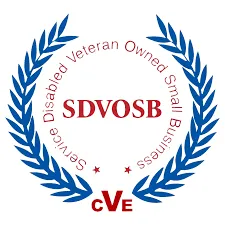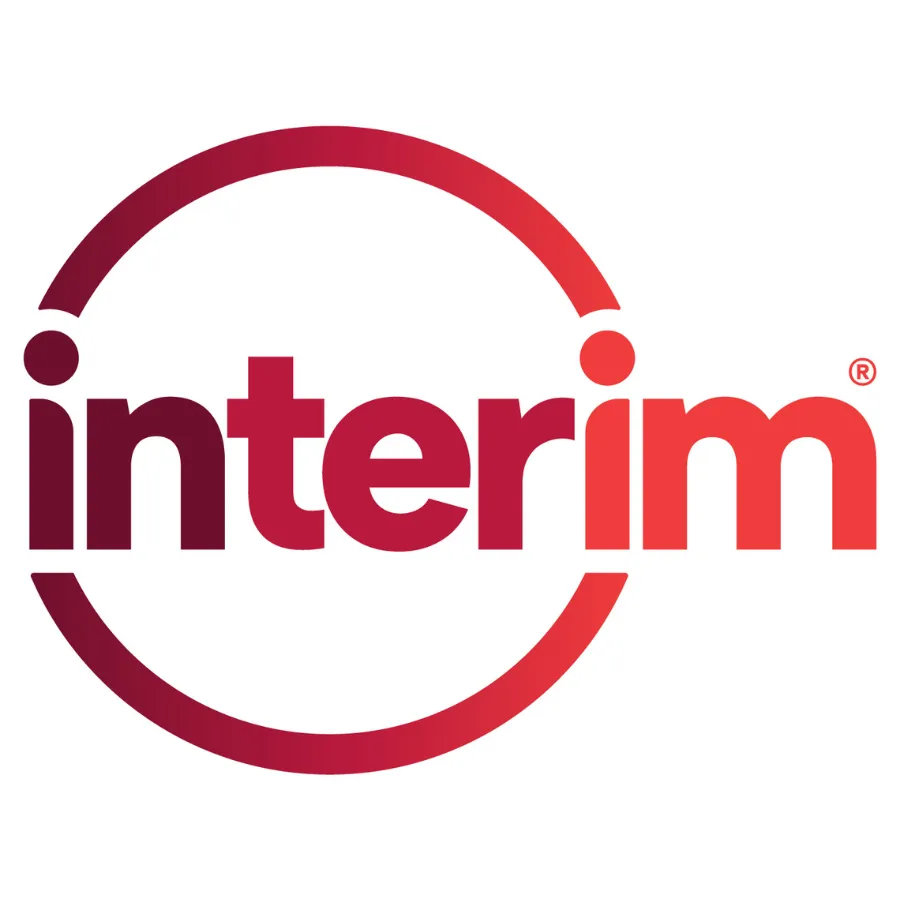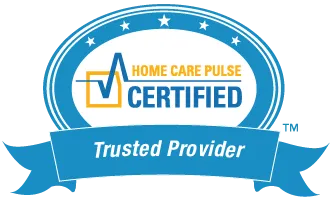Ease of Implementation
Home Care

Assisted Living

Private Caregiver

Home Health

Family Care

No Care

When a loved one needs help, families often feel urgency — but not all care options are equally easy to set up. Some require extensive paperwork, waiting lists, or medical authorizations, while others can begin almost immediately. The simplicity (or complexity) of getting care started plays a huge role in reducing family stress.
Home Care
Home care can often start within days — sometimes within 24 hours. Because it’s non-medical, there’s no doctor’s order required and no red tape to navigate.
At Interim Home Care, we handle everything — from assessment to caregiver matching to scheduling — so families can move quickly and confidently. Whether care is needed for just a few hours or around the clock, implementation is straightforward and flexible.
Assisted Living
Moving into an assisted living facility is rarely simple. Families must compare options, tour facilities, complete medical and financial paperwork, give notice on housing, and physically move belongings. There are also emotional hurdles — convincing a loved one to leave home — that can delay or derail the process entirely.
Private Caregiver
Hiring an independent caregiver can be quick, especially through personal referrals or online platforms. However, the simplicity can be deceptive — while it’s easy to start, the lack of structure and background checks means families assume all liability. It’s operationally simple but carries risk.
Home Health
Home health requires a physician’s referral and a qualifying medical condition, which can delay the start of services. Once authorized, visits are scheduled quickly, but the process isn’t as immediate or flexible as home care. It’s manageable, but families must navigate the healthcare system first.
Family Caregiver
Family care happens naturally and often without planning, but sustaining it is hard. While “implementation” is instant — a family member simply steps in — managing time off work, coordinating tasks, and balancing personal life quickly becomes complex. It’s easy to start, difficult to maintain.
No Care
Doing nothing requires no coordination at all — which is why so many families delay formal care longer than they should. While technically the easiest option to “implement,” it offers no solution and often leads to crises that are far harder to manage later.


